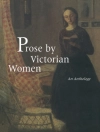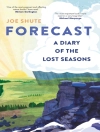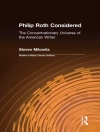Robert Burns was by far and away the most iconic figure in nineteenth-century Scotland. Multiple editions of his works poured incessantly from the presses. Unprecedentedly large crowds gathered to commemorate him at huge festivals and at the unveiling of memorials. His work was at the heart of the palpable rise of Scottish-ness that swept Scotland from the 1840s through to the First World War, including demands for Home Rule. If Walter Scott imagined Scotland, Burns shaped it. He gave ordinary Scots in what had been one of the most socially uneven societies in Europe a sense of self-worth and dignity, and underpinned demands for political and social justice. In this major new book, Christopher Whatley describes the several contests there were to 'own' – and mould – Burns, from Tories through Radicals to middle-class urban improvers. But the Kirk condemned Burns as the Antichrist, deplored the Burns cult ('Burnomania') – a slur on a nation that prided itself on its strict Presbyterian inheritance. The result is a fascinating picture of the role Burns played after his death in shaping multiple facets of Scottish society.
Sobre el autor
Christopher A. Whatley OBE, FRSE is Emeritus Professor of Scottish History at the University of Dundee. Initially an historian of the coal and salt industries, and of Scottish industrialisation, he has since written on Scotland’s everyday life, urban society, popular protest, riot and disorder, the causes and consequences of the Union of 1707, memorialisation, and Scottish writers including Robert Burns and his legacy, and John Galt.












